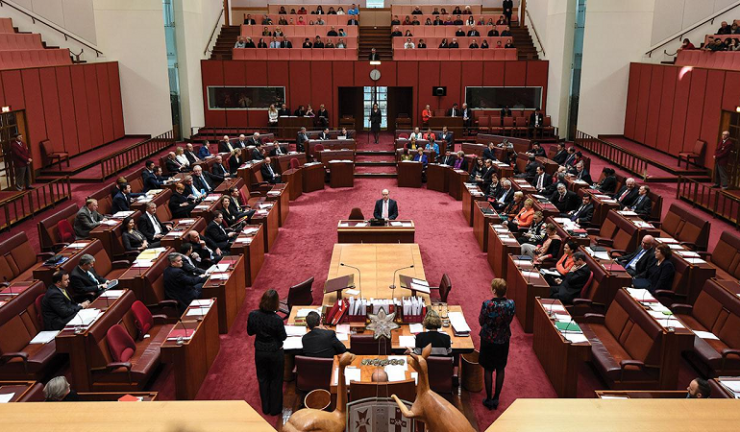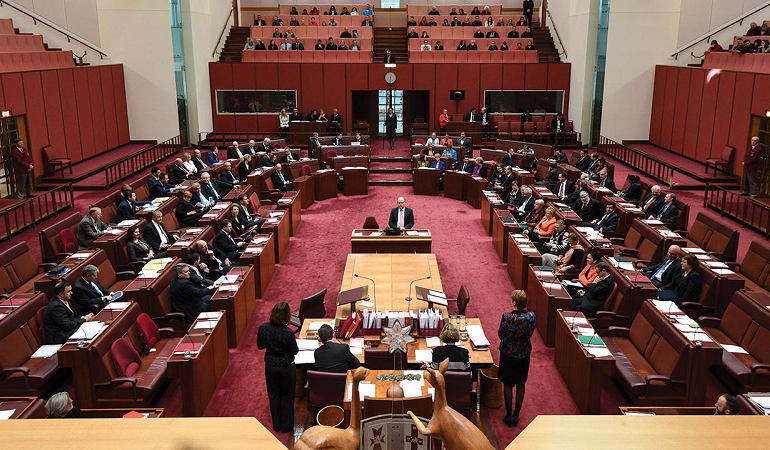Gift cards, fees, charges and consumer guarantees.
The Australian Retailers Association (ARA) believes the three key economic Bills which recently passed the Senate will bring significant changes to the retail industry. The new laws relate to gift cards, fees and charges and consumer guarantees.
From late-2019, gift cards issued across Australia will be regulated under a new law which will enforce a minimum three-year expiry period.
ARA executive director, Russell Zimmerman said while many retailers and the ARA were against the expiry extension, the new Federal legislation will remove inconsistencies which were caused when NSW acted alone on similar legislation at the start of this year.
“Although the ARA is not impressed with the three-year extension, we called for an 18-month transitional period for retailers to get rid of old stock,” Zimmerman said. “Instead we were left with a 12-month transitional period, placing more strain on retailers already operating in an unstable environment. We will continue to lobby for exemptions to the new law to ensure the impacts on retailers are limited.”
Australian retailers will also be contending with new requirements with the Australian Consumer Law Review also passing the Senate. The new legislation will bring key changes to pricing rules regarding fees and charges, product safety provisions and the extension of consumer guarantees.

The ARA requested that ACL be broadened to include retail suppliers so that the ACL could ‘enforce’ a supplier to stand by the goods when the retailer felt there had been a product failure, Zimmerman said.
“The requirement to implement pricing transparency across all fees and charges will affect online retailers specifically, as they will need to be aware that the pricing now must include all fees and charges.
“The passage of the Lower Taxes for Small and Medium Businesses Bill 2018 means small retailers will receive a lower tax rate five years earlier than expected,” he said. “Previously, all businesses with annual turnover of $50 million or less could expect to see their corporate tax rate slowly decrease over 10 years.”
This new legislation means that the transition has been fast-tracked, and the small business corporate tax rate will drop to 26% in the 2020/2021 financial year, and to 25% in the 2021/2022 financial year.
Zimmerman said these moves follow on from the ARA’s continued efforts to lobby the government to ease pressure on retailers, to lower their costs, increase their flexibility, and provide investment certainty so that small and medium retailers can grow their businesses, hire more staff, and compete more effectively.
“While this news is a boon for small and family retailers, the reality is that Australia now has a two-tiered corporate tax rate, which increases the burden of Australia’s already-complex tax system.”
At 30% for all businesses operating over the $50 million turnover threshold, Australia’s top corporate tax rate remains one of the highest in the developed world.

